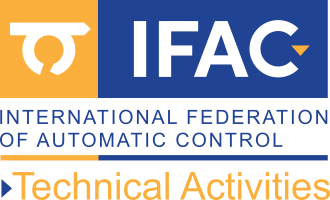Scope
Since decades now, a part of Automatic control has been put under the general appellation of “intelligent control” which definition is very difficult to give, as it is a kind of umbrella covering various different methodologies. The TC 3.2 “Computational Intelligence in Control” groups some of the major manifestations of these methodologies including, fuzzy, neural (both artificial and biologically plausible), linguistic, fuzzy-neural, evolutionary, reinforcement learning… approaches. As related and applied to automatic control, it covers modelling, identification, forecasting, stability/stabilization analysis, diagnosis, fault detection, design, learning, adaptation, evaluation, definition of performances objectives and operation constraints, as well as awareness for computational issues, brain-computer interfacing, bioinformatics and computer-aided design tools.
Generally, the approaches differ from the conventional approaches in control and one of the goals is to cope with problems – especially industrial ones – where conventional methods were proved unsuccessful. Applications include transport, medical and biomedical, biology, aerospace, automation, biotechnology, mechatronics, automation, manufacturing, process control, power systems, energy and smart grid, agriculture, environmental systems, robotics and autonomous systems, economics and business systems.
Nowadays, there are many communities that belong to the area of Computational Intelligence. The TC 3.2 acts to be active and to promote the activities related to control in a broad sense in order to impact the IFAC community and to keep is place as a recognized international community of leading practitioners and researchers in this area.

